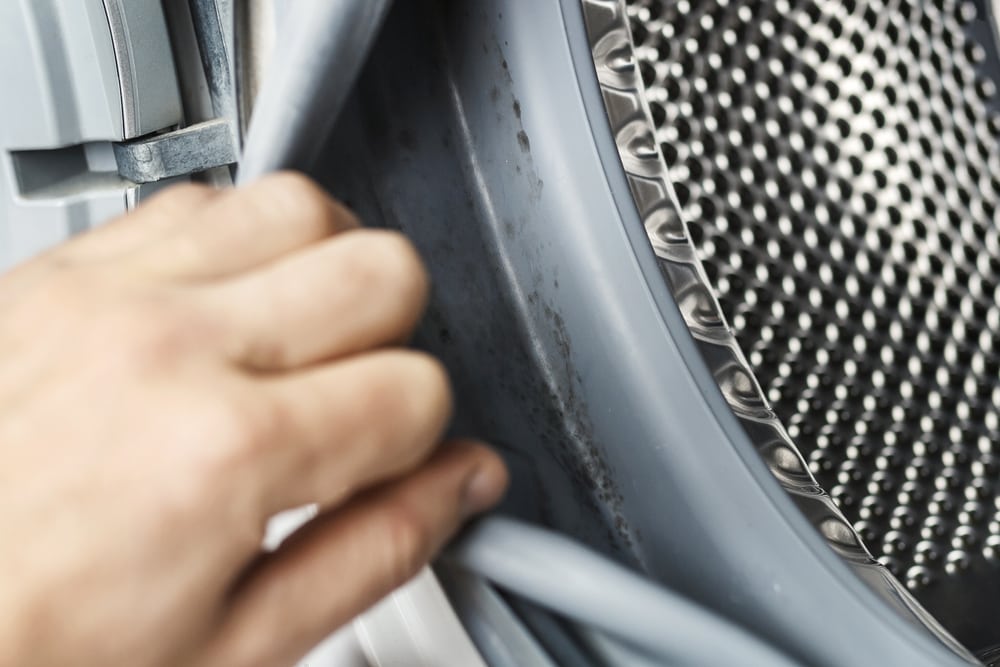Table of Contents
Dangerous Smell and how to remove them
Unpleasant smells in your home or workplace can be more than just a nuisance—they might signal a serious health hazard. Whether it’s a musty odor, the stench of sewage, or the lingering scent of smoke, identifying the source is crucial for your safety. In this post, we’ll break down the common causes of these smells, their potential dangers, and what you should do if you detect them.
1. Musty Smells: The Telltale Sign of Mold
What Does Mold Smell Like?
Mold emits a damp, earthy, or musty odor, often compared to wet socks or rotting wood. This smell comes from microbial volatile organic compounds (MVOCs), gases released by mold as it grows.
Where to Look for Mold
Mold thrives in moist environments, so check:
- Basements and crawl spaces
- Under sinks and around leaky pipes
- Behind wallpaper or drywall
- Inside air conditioning units or HVAC systems
- Carpets and upholstery that have been exposed to moisture
Health Risks of Mold Exposure
Inhaling mold spores can cause:
- Allergic reactions (sneezing, coughing, itchy eyes)
- Asthma attacks in sensitive individuals
- Respiratory infections in people with weakened immune systems
- Long-term exposure may lead to chronic lung conditions
What to Do If You Smell Mold
- Locate the source – Follow the smell and inspect for visible mold growth (often black, green, or white patches).
- Fix moisture issues – Repair leaks, improve ventilation, and use a dehumidifier.
- Clean small areas – For minor mold (less than 10 sq. ft.), scrub with detergent and water, then dry completely.
- Call a professional – For large infestations or hidden mold (inside walls), hire a mold remediation specialist.
2. Sewage Odors: A Sign of Serious Problems
What Does Sewage Smell Like?
Sewage gas has a rotten egg or sulfur-like stench, primarily due to hydrogen sulfide. Other odors may resemble ammonia or raw sewage.
Common Causes of Sewage Smells
- Dry P-Traps – The U-shaped pipe under sinks prevents sewer gas from entering. If unused for a while, water evaporates, letting odors escape.
- Broken Sewer Lines – Cracks or blockages in pipes can release gas into your home.
- Clogged Vents – Roof plumbing vents allow gas to escape; if blocked, odors back up inside.
- Septic Tank Issues – A full or malfunctioning septic system can emit strong sewage smells.
Health Risks of Sewer Gas Exposure
- Short-term exposure causes headaches, nausea, and dizziness.
- High levels of hydrogen sulfide can lead to respiratory failure or even death.
- Methane (another component) is flammable and poses an explosion risk.
What to Do If You Smell Sewage
- Check drains – Pour water into unused sinks, showers, or floor drains to refill P-traps.
- Inspect toilets – Ensure wax seals are intact (a broken seal lets sewer gas seep through).
- Call a plumber – If the smell persists, you may have a broken sewer line or vent issue.
- Evacuate if severe – If the odor is overwhelming, leave and call emergency services (possible gas leak).
3. Smoke Odors: Lingering and Hazardous
What Causes Smoke Smells?
Smoke odors can come from:
- Recent fires (house fires, wildfires)
- Cigarette or cigar smoke
- Burning electrical components (overheated wiring or appliances)
Different Types of Smoke Smells
- Wood smoke – Campfire-like, often from wildfires or fireplaces.
- Plastic or chemical smoke – Sharp, acrid; indicates burning synthetic materials.
- Electrical smoke – Metallic or burning rubber smell; signals an electrical malfunction.
Health Risks of Smoke Exposure
- Irritates eyes, throat, and lungs
- Worsens asthma and COPD
- Long-term exposure to cigarette smoke increases cancer risk
- Toxic fumes from burning plastics can cause poisoning
What to Do If You Smell Smoke
- Check for active fires – If you see smoke or flames, evacuate and call 911.
- Inspect electrical devices – Unplug overheating appliances and have an electrician check wiring.
- Ventilate the area – Open windows and use fans to clear lingering smoke.
- Deep clean – Smoke particles cling to walls, carpets, and furniture. Use vinegar, baking soda, or professional cleaners.
- Install air purifiers – HEPA filters help remove smoke particles from the air.
When to Seek Professional Help
While some odors can be resolved with simple fixes, others require expert intervention. Call us on (207) 531-1200 for professional odor removal if:
- The smell persists after basic troubleshooting
- You suspect hidden mold or sewage leaks
- Electrical smoke indicates faulty wiring
- You experience severe symptoms (dizziness, breathing difficulties)
Final Thoughts
Strange smells are often your first warning of hidden dangers. Whether it’s mold, sewage, or smoke, quick action can protect your health and home. Trust your nose—if something smells off, investigate before the problem worsens.
Have you encountered a mysterious odor in your home? Share your experience in the comments below!


